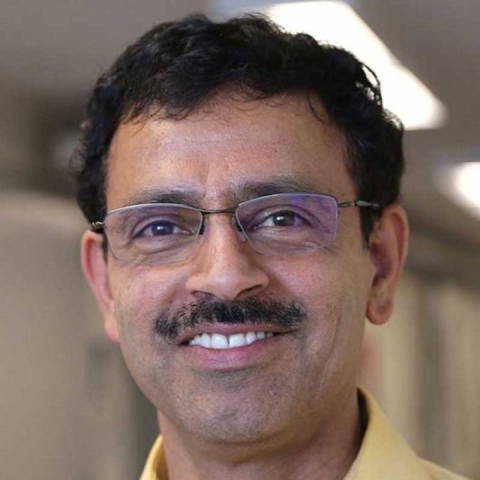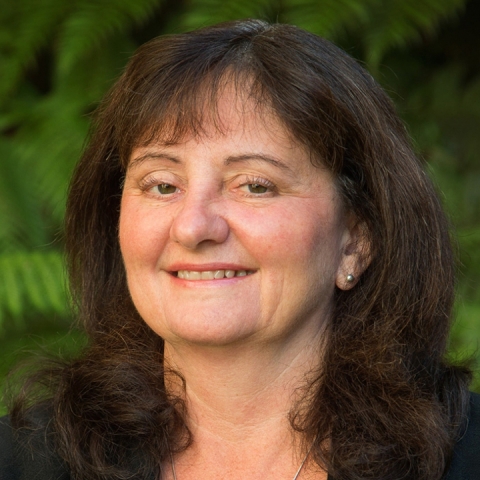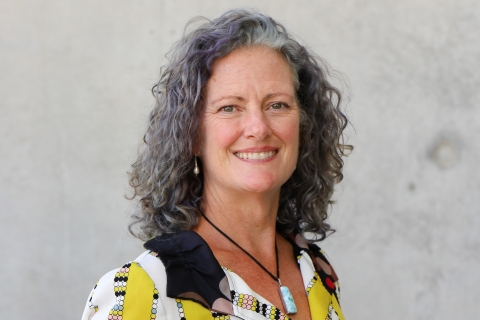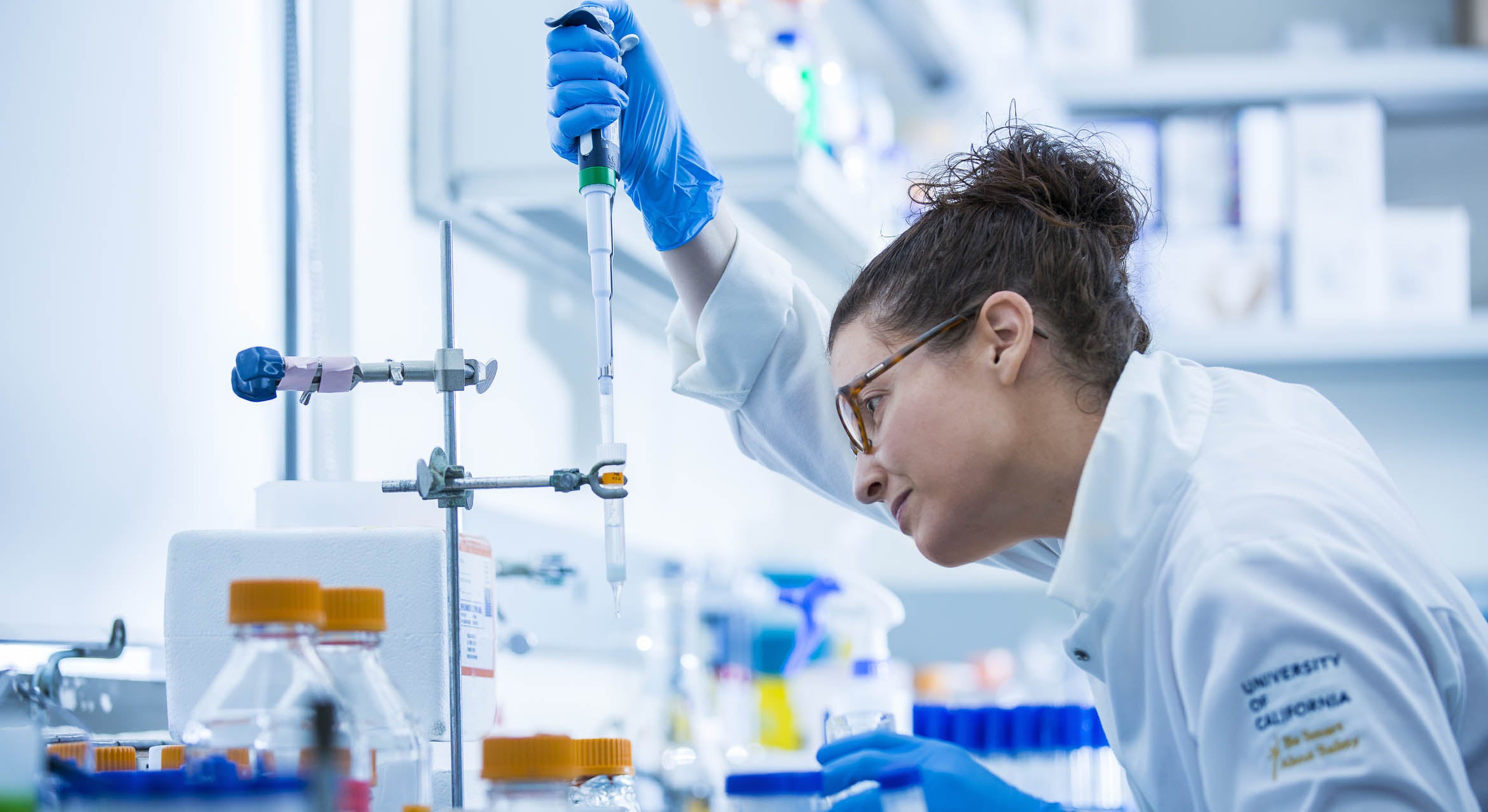
NSF grant supports advances in cyberinfrastructure for multimodal imaging data
A new National Science Foundation (NSF) award will support UC Santa Barbara researchers in developing the next generation of cyberinfrastructure for multimodal imaging data. Leading the effort is B. S. Manjunath, a professor of electrical and computer engineering and an expert on computer vision and AI, in collaboration with Tresa Pollock, professor of materials, and Beth Pruitt, professor and chair of the Bioengineering Department. Their work will enhance the UCSB BisQue platform, already in use in the healthcare and life science fields, by incorporating next generation cyberinfrastructure for multimodal imaging data and advances in AI and large language models (LLMs).
A recent meeting hosted by the Center for Multimodal Big Data Science and Healthcare at UCSB marked the launch of the BisQue Deep Learning (BDL) cyberinfrastructure (CI) project.
“Our goal with the BisQue Deep Learning cyberinfrastructure is to make powerful AI tools accessible and usable for scientists across disciplines,” said Manjunath, principal investigator of the project. “By integrating scalable deep-learning capabilities into a unified platform, we’re enabling researchers to focus on discovery rather than data wrangling. This effort represents a major step toward accelerating scientific progress through open and sustainable infrastructure.”
Incorporating a scalable software infrastructure that enables the use of advanced deep-learning techniques to manage and analyze complex datasets, BDL CI is set to transform scientific research across multiple fields, including materials science, environmental science and bioimaging.
“Cyberinfrastructure is a critical element for integrating powerful new AI tools with the terabyte-scale materials-science datasets that we generate,” said Pollock. “In the future, it will enable us to build materials one grain at a time and to predict the corresponding suites of properties essential for designing advanced engineering components for space, nuclear, and advanced propulsion applications.”
Incorporating cutting-edge deep-learning and computer-vision techniques, the BDL CI offers a user-friendly platform to manage and analyze vast, complex datasets. This initiative tackles significant challenges, such as data curation, specialized domain expertise, and the need for scalable solutions for high-dimensional data. Significantly enhancing national scientific capabilities, the BDL CI will also support education and diversity through comprehensive training programs. These efforts will make advanced analytical tools accessible to a wider research community, promoting scientific progress.
The infrastructure is built for scalability and efficiency to support machine learning and AI for large scale imaging data, Manjunath said. That translates into support for such advanced functionalities as spatio-temporal annotations, computer-vision methods for object detection, segmentation, localization, classification, and tracking, all underpinned by a robust database backend that ensures data integrity and provenance.
This project, driven by a multidisciplinary team from UC Santa Barbara, UC Riverside and the Smithsonian Institution, is intended to ensure broad access and long-term sustainability through strategic collaborations and the integration of community feedback into ongoing development.
By advancing diagnostics, enabling early disease detection and supporting personalized treatments, the BisQue Deep Learning platform has the potential to benefit society greatly in the area of healthcare.
In environmental science, the platform aids in monitoring biodiversity and addressing climate challenges, while in materials science, it accelerates discoveries that are crucial for developing sustainable technologies. By democratizing access to a suite of advanced AI tools, BDL fosters innovation, education and solutions to pressing global challenges.






